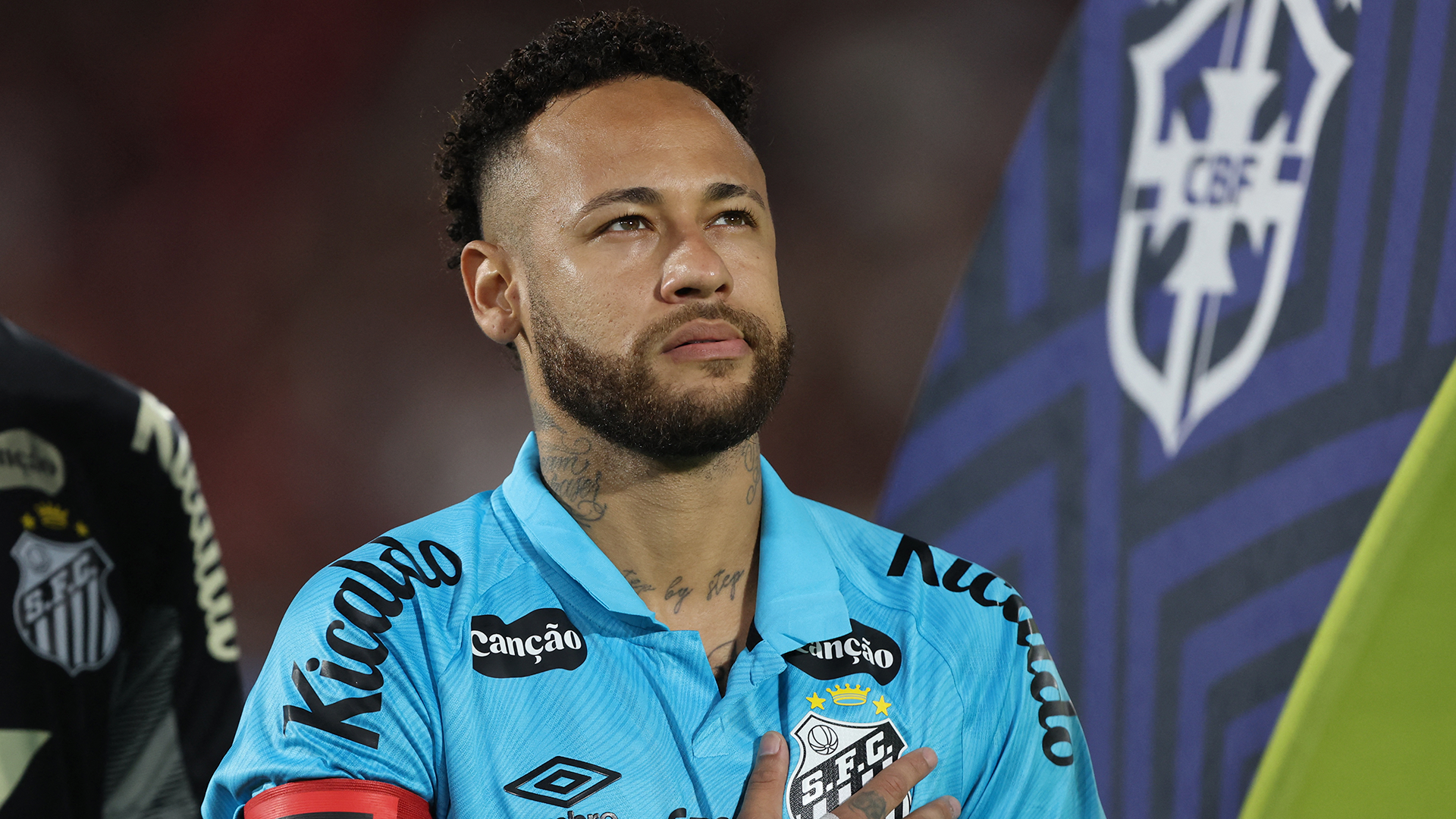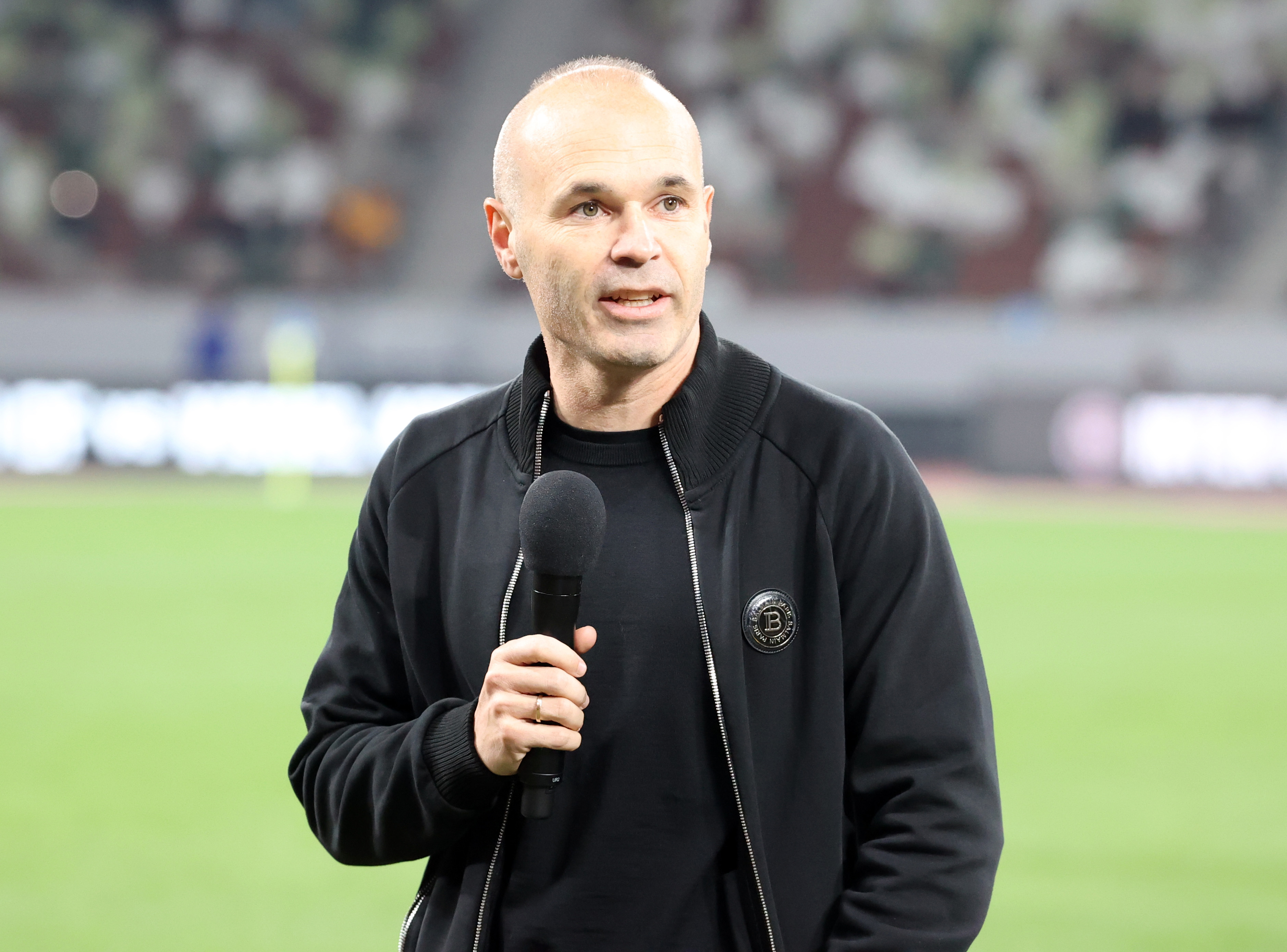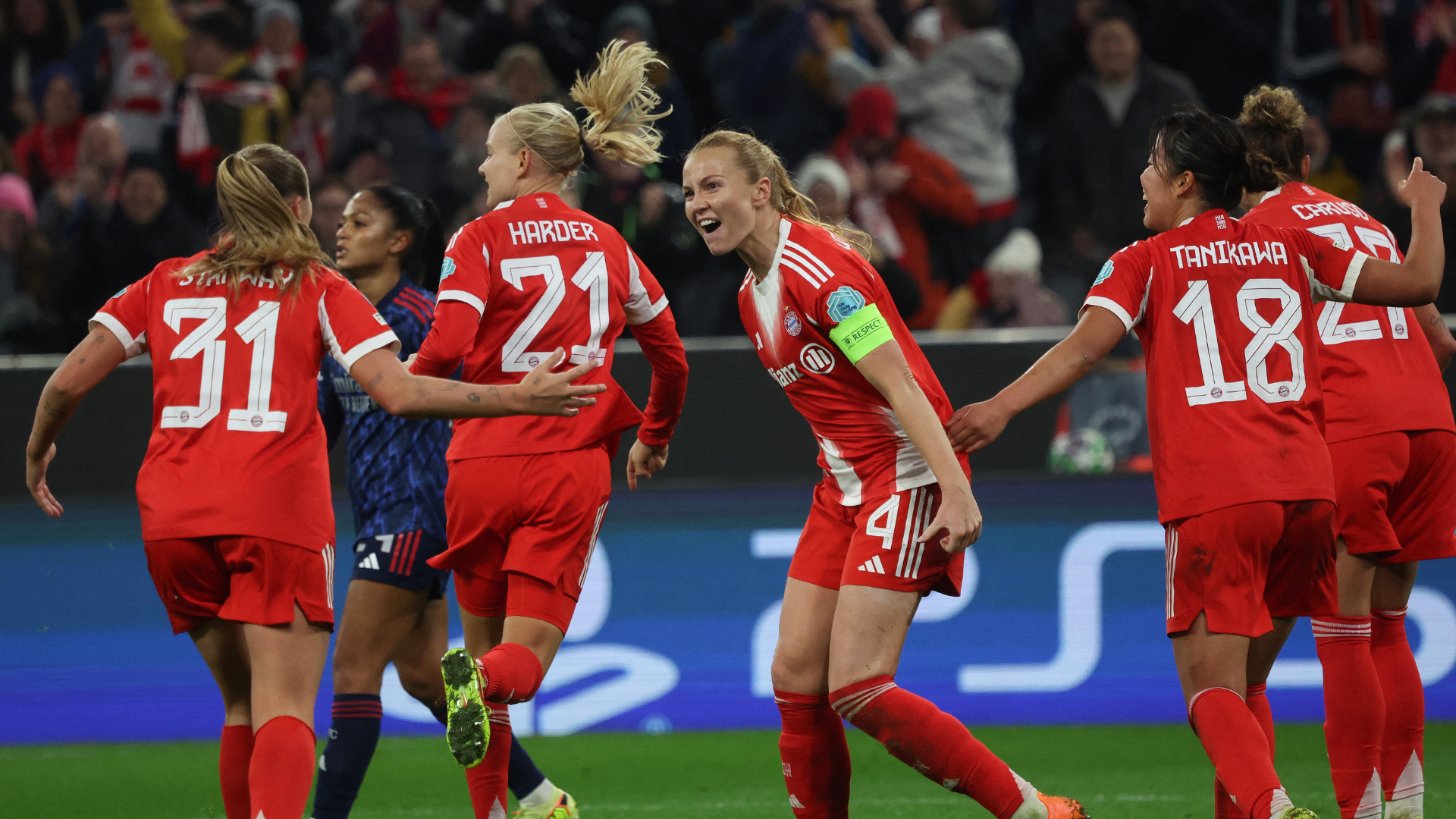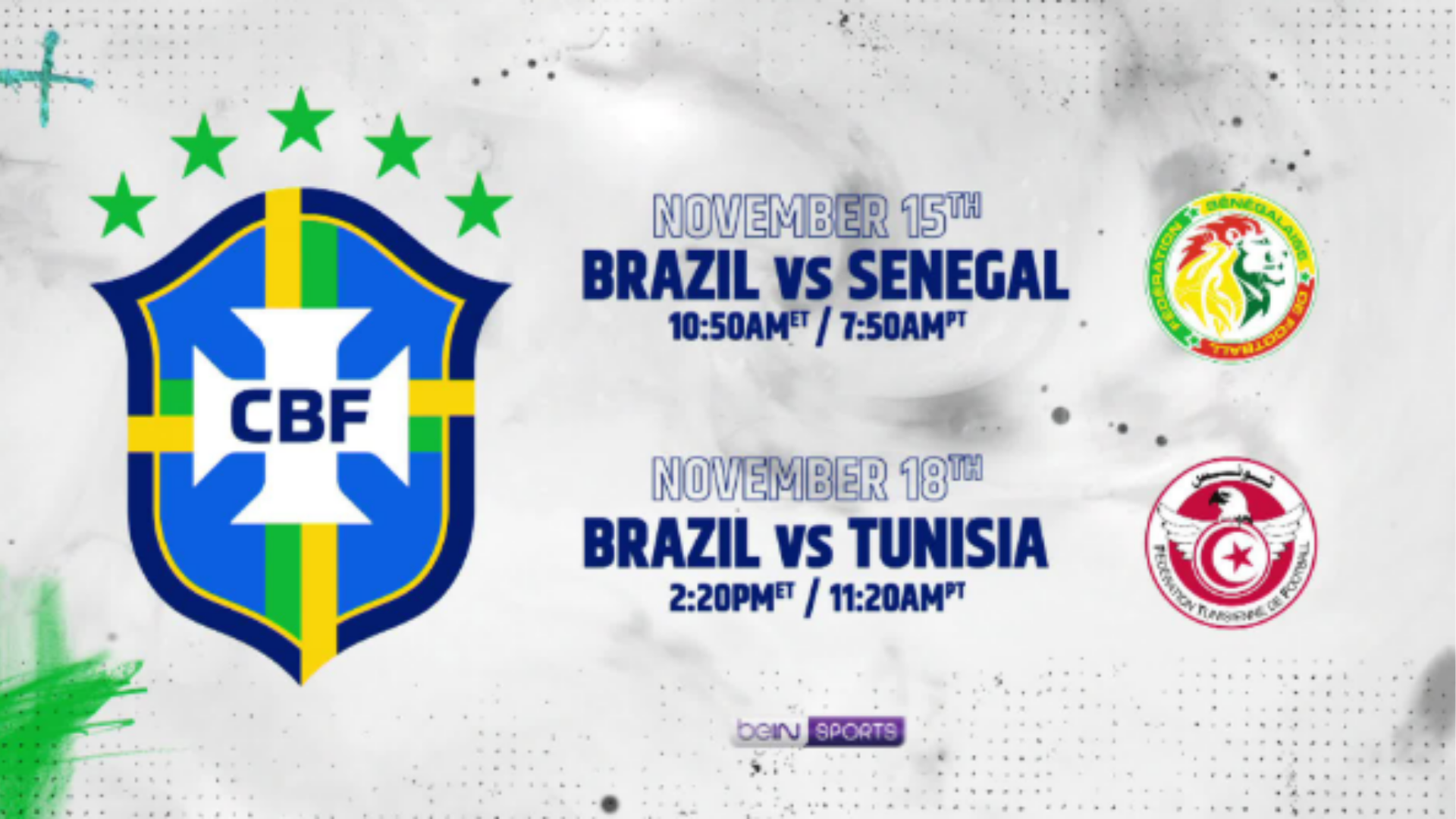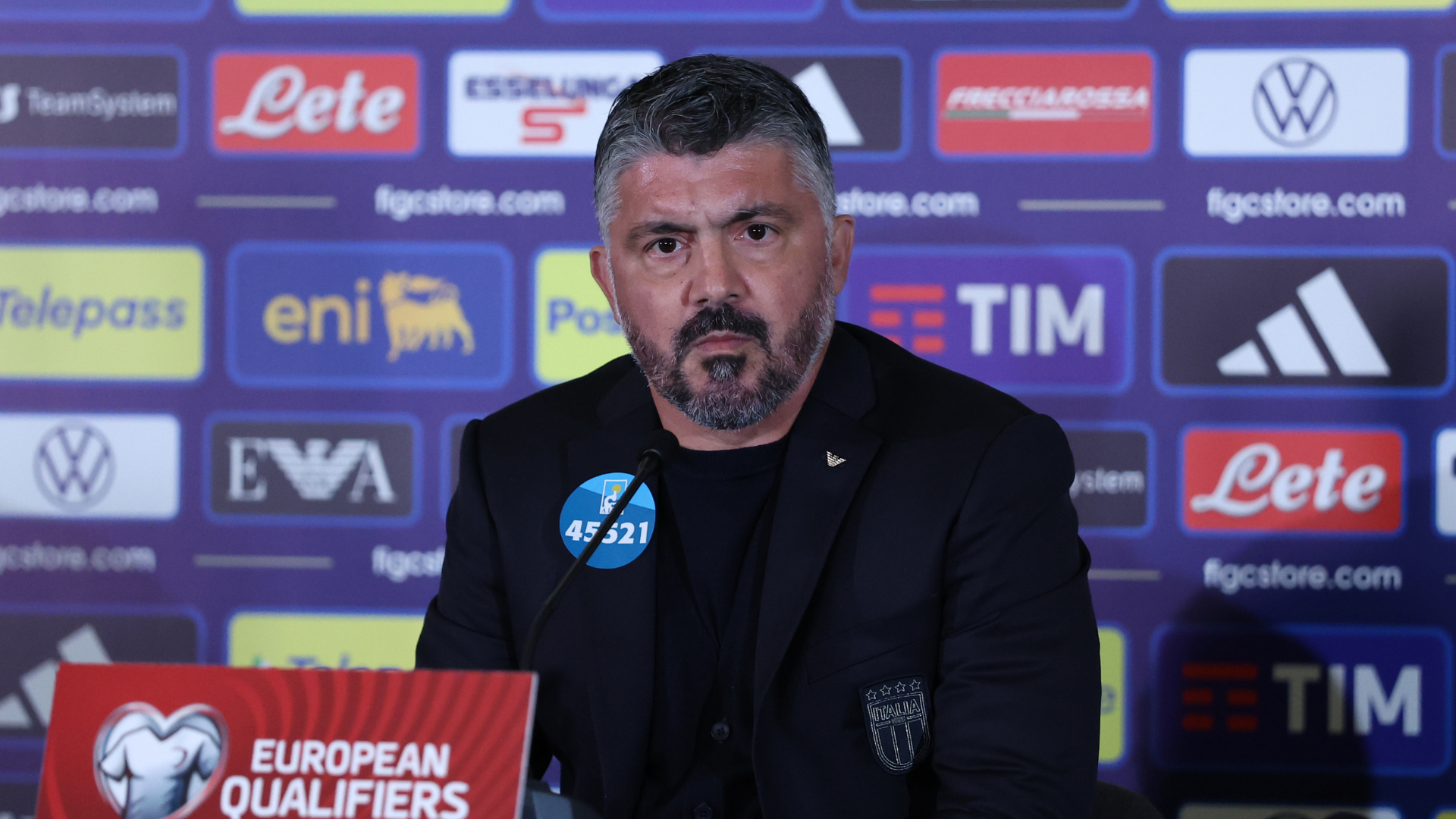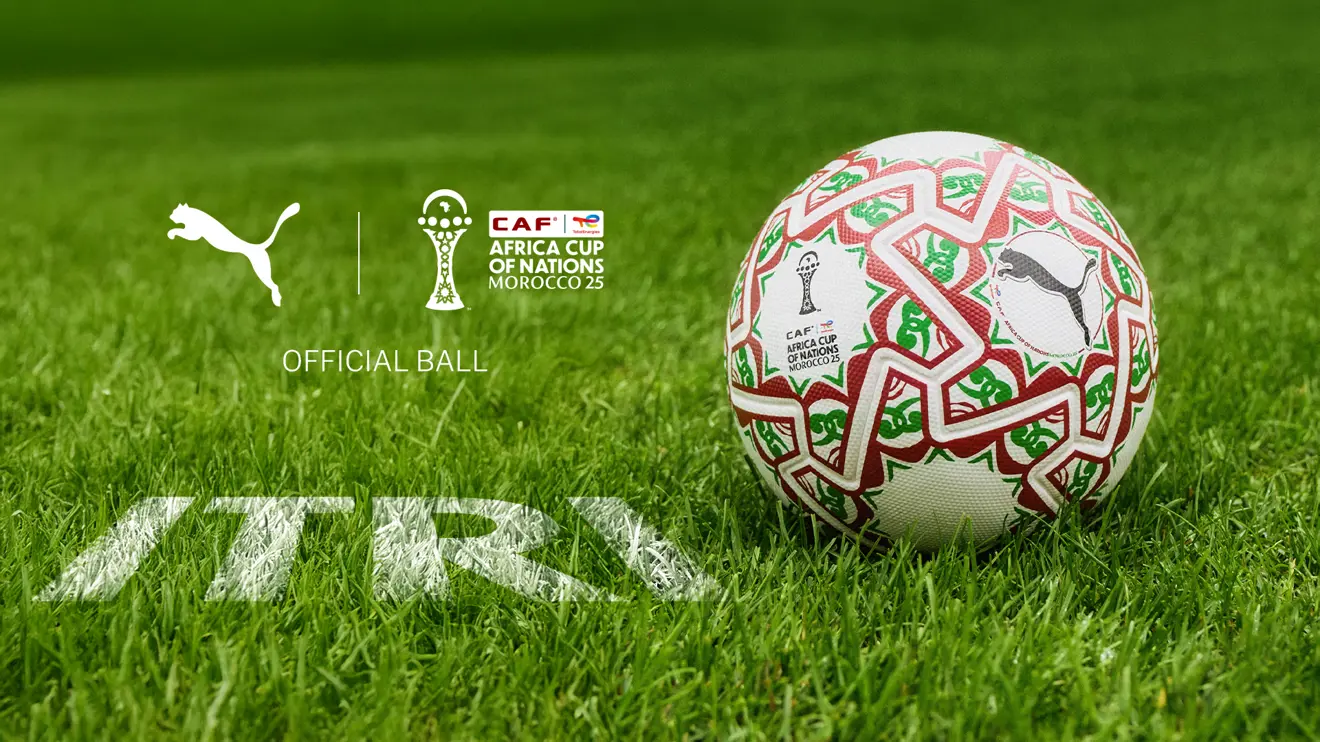Crisis in Nigeria: Players Boycott Training Ahead of World Cup Playoff
Just two days before their crucial 2026 World Cup playoff clash against Gabon, Nigeria’s national team has plunged into yet another crisis. The Super Eagles’ players collectively decided to boycott training at their camp in Rabat, Morocco, in protest over unpaid bonuses and allowances — some dating back several years.
Why Did the Players Refuse to Train?
According to a joint statement released by the squad, all players and members of the coaching staff chose to sit out the session until the Nigerian Football Federation (NFF) fulfills its long-standing financial commitments.
“The entire team, including officials, refrained from training today in Morocco due to unresolved payment issues. We expect a quick resolution so we can continue our preparation for Thursday’s match against Gabon,” the message read.
Local reports suggest the debts involve unpaid match bonuses and AFCON qualification rewards, with some payments reportedly pending since 2019.
Although federation representatives met with the players on Tuesday, negotiations ended without a final agreement — leaving the squad frustrated and training plans suspended.
Tension in the Camp Before the Decisive Match
The situation inside the group has been far from ideal. The initial absence of Victor Osimhen, Nigeria’s star striker, raised concerns among fans. The Napoli forward has since rejoined the camp in an effort to bring stability, but the atmosphere remains tense.
Meanwhile, Alex Iwobi — currently playing for Fulham — found himself at the center of controversy after posting a video from the team hotel. Some fans interpreted the post as a complaint about the conditions, prompting Iwobi to issue a clarification:
“It’s all about perspective. I just showed the view, I wasn’t complaining. I’m fine, calm, playing Mario Kart. We’ve got a big match coming — let me focus.”

A Race Against Time for the Super Eagles
The crisis couldn’t come at a worse time. After missing direct qualification during the group stage, Nigeria must now defeat Gabon in the playoff semifinals to keep their World Cup hopes alive.
However, the ongoing dispute threatens to derail preparations for what could be one of the most decisive matches in the country’s recent football history. With growing public pressure and frustration within the squad, the NFF is under intense scrutiny to resolve the issue swiftly.
The Super Eagles now find themselves battling not only their opponent on the pitch but also a storm of their own making — one that could determine whether Nigeria returns to the World Cup stage or falls short once again.










